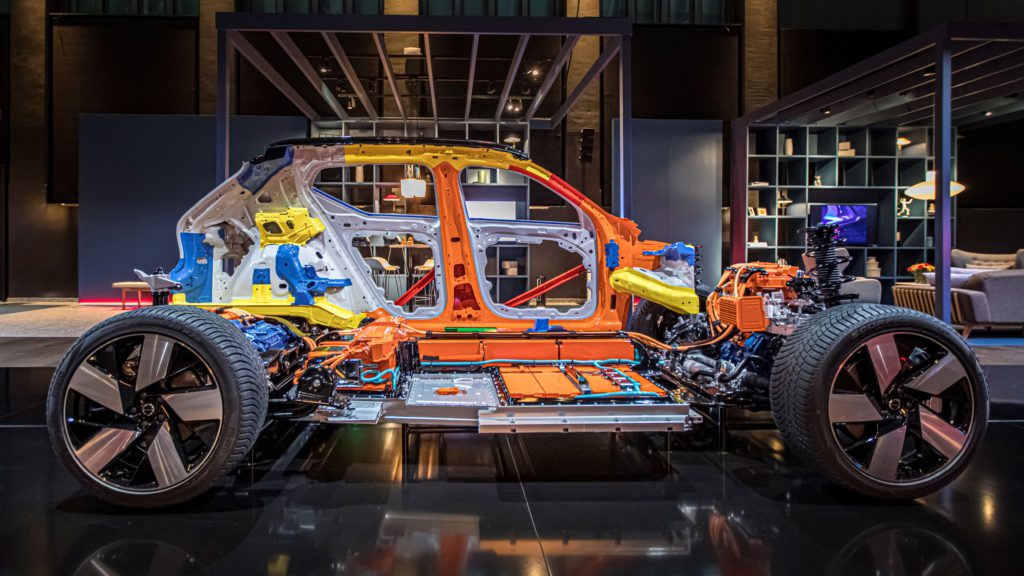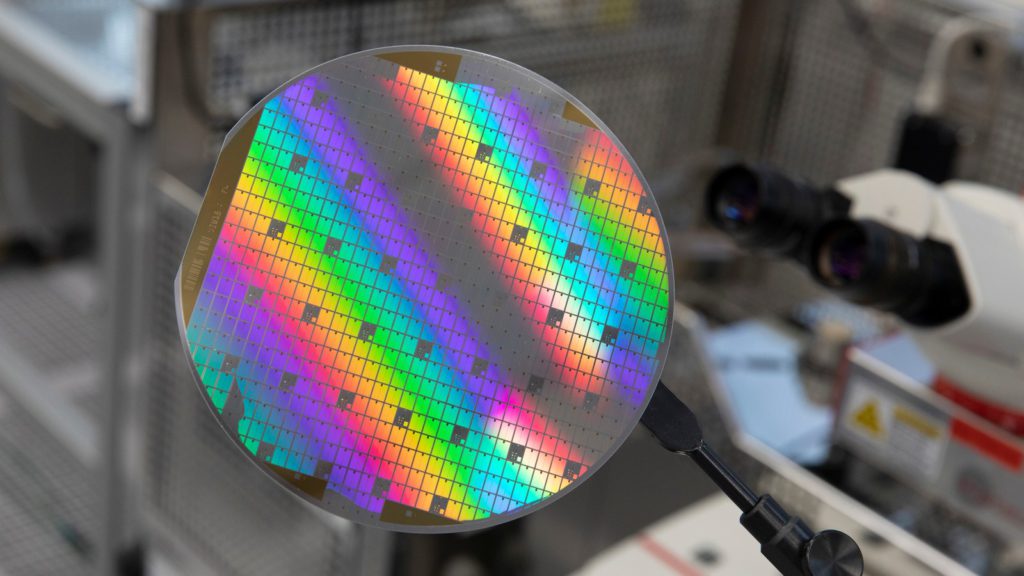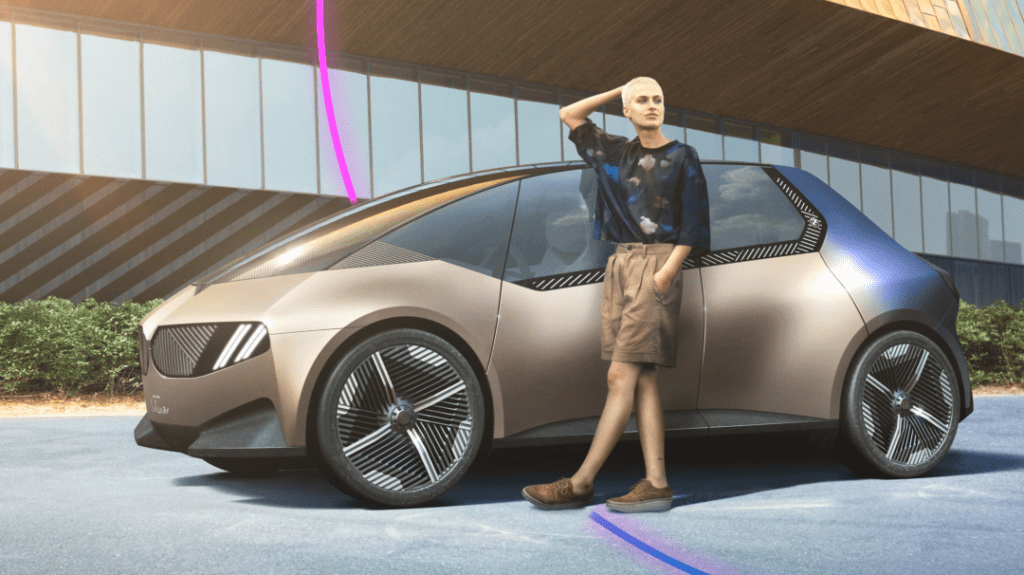EV100 sees more companies commit to electrifying fleets
15 November 2021

EV100, a global transport initiative designed to fast-track the uptake of electrically-chargeable vehicles (EVs) among corporate companies, has welcomed seven new members. The newcomers jointly pledge to electrify their combined fleets of more than 250,000 vehicles by 2030. As well as electrifying their fleets, the new EV100 members will also install charging stations across 140 locations for staff and customers to use.
EV100 aims to bring ‘forward-looking’ companies together, accelerating the transition to electromobility. The new joiners come from across the world and include: UK-based companies M Group Services – the fifth-largest fleet operator in the country – and Kier, SK Networks from South Korea, Nichicon Corporation from Japan, US-based Gilead Sciences, Mack-Cali Realty Corporation, and NRG Energy.
This climate initiative, launched in 2017, has grown its membership rapidly over the years. In 2021, over 440,000 new vehicles have been committed to electrification. Meanwhile, EV100 membership jumped by almost 25% this year, with member companies employing a total of five million people.
Catalyst for electric transport
‘EV100, which continues to grow in reach and impact, is a powerful catalyst for electric transport and a vessel for crucial climate action from businesses,’ said Sandra Roling, head of transport at Climate Group.
‘It is encouraging that so many additional companies this year have recognised the vital role they have in tackling the climate crisis and the critical opportunity offered in transportation electrification,’ she added.
Following the UN’s climate summit COP26, EV100 is hopeful that more businesses and governments will collaborate to limit global warming as nations are moving towards phasing out fossil fuel-based cars.
A new draft agreement for COP26 urged countries to be more ambitious in tackling climate change. However, there has been criticism that the conference has not delivered enough emissions-cutting pledges, with countries being asked to upgrade climate targets in 2022. Electrification, while not presenting the sole solution, will play a significant part in wider action plans.
‘The use of EVs is expected to increase rapidly and our company goal is to switch all our vehicles to EVs by 2030, and to contribute to the expansion of EV quick chargers for the social infrastructure,’ said Ippei Takeda, CEO at Nichicon Corporation – the first company to mass-produce vehicle-to-home (V2H) systems. ‘In addition, we also strive to effectively use renewable energy by using the onboard batteries in EVs together with V2H systems.’
Some of the companies that are EV100 members are supporting a road transport declaration announced at COP26, calling for 100% of new car and van sales to be zero-emission by 2035 in leading markets, and by 2040 globally. This pledge was signed by governments, carmakers, investors, as well as fleet owners and operators. Notably, some countries that are home to the world’s largest car markets – such as the US, Germany, France and China – failed to back the plan.
‘The transportation sector is the leading cause of greenhouse gas emissions in the US, and as such, the electrification of transportation is absolutely essential to decarbonising the entire economy,’ said Jeanne-Mey Sun, vice president of sustainability at NRG Energy. ‘We are proud to electrify our fleet and join EV100’s notable network of companies who are committed to making an impact on climate change.’



